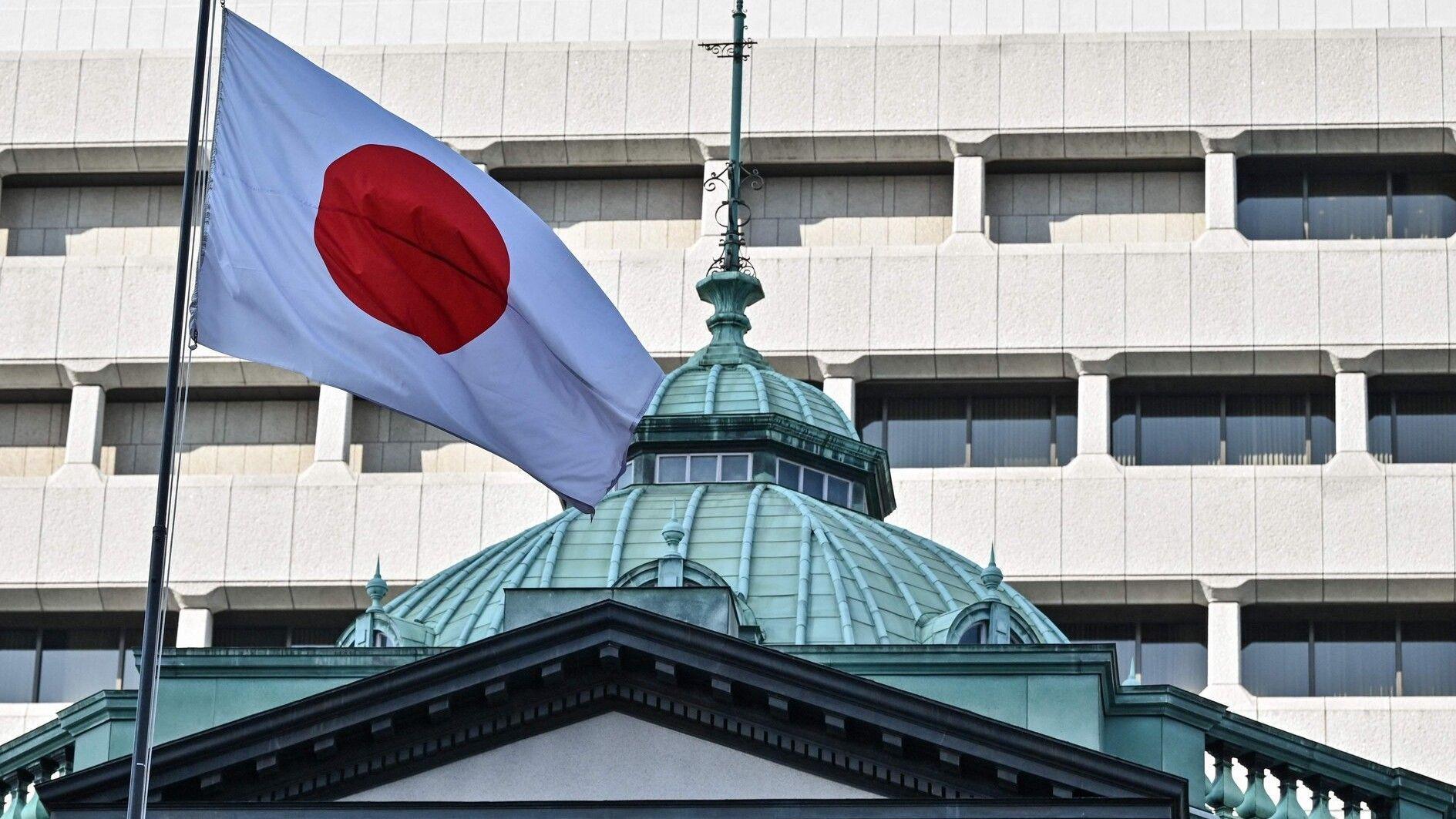
Japan eked out modest growth in the second quarter despite painful U.S. tariffs, official data showed on Aug. 15, in welcome news to embattled Prime Minister Shigeru Ishiba.
A preliminary estimate showed gross domestic product (GDP) in the world's number four economy growing 0.3 percent in the three months to June, above market forecasts of 0.1 percent.
The cabinet office data also saw a revision upwards for its reading for the previous quarter to show an expansion of 0.1 percent.
On an annualized basis, GDP grew 1.0 percent, beating market forecasts of 0.4 percent and following 0.6 percent in the last quarter.
The previous estimate was for a contraction and, without the revision, a second negative reading would have put Japan in technical recession.
The new figures are a fillip for Ishiba, whose future has been uncertain since the disastrous upper house elections in July.
The economic growth came despite tariffs imposed by U.S. President Donald Trump being applied to Japanese imports into the United States.
Causing particular pain are levies of 27.5 percent on Japanese cars, a sector that accounts for eight percent of all jobs in Japan.
Japan last month secured a trade deal that cut a threatened 25 percent "reciprocal" tariffs on other Japanese goods to 15 percent.
The rate on Japanese cars was also cut to 15 percent, although to Tokyo's consternation, this has yet to take effect.
Toyota this month cut its annual net income forecast by 14 percent, projecting a $9.5 billion hit from the tariffs this year.
First-quarter profits halved at Honda, but the firm lowered its forecast for the tariff impact, as did electronics giant Sony.
Trump's administration, meanwhile, is seen as pressuring the Bank of Japan (BoJ) to hike interest rates, which could put a brake on growth.
The BoJ has been reluctant to raise borrowing costs, seeing above-target inflation as caused by temporary factors.
"The Japanese have an inflation problem," U.S. Treasury Secretary Scott Bessent told Bloomberg TV after speaking to the BoJ governor.
"They are behind the curve, so they are going to be hiking," Bessent said.